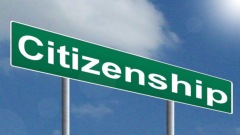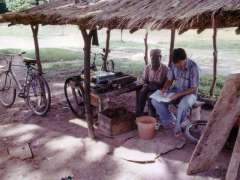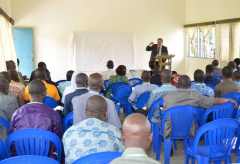One day back when we lived and worked in Burkina Faso, I found myself traveling through a town where the Bible was being translated into the local language. The translation was being done by another organization, but I knew the translators – a great team of local men. So I stopped to see them and perhaps encourage them. I found them busy in their translation office. It was great to spend a few minutes with them finding out how they were and how the translation was going.
 When I asked what book they were translating, the said Job. When I asked how that was going, they looked completely fatigued, their shoulders drooped, they hung their heads and one of them mumbled in the feeble voice of an old man. “We are so tired of the philosophy of Job’s friends.”
When I asked what book they were translating, the said Job. When I asked how that was going, they looked completely fatigued, their shoulders drooped, they hung their heads and one of them mumbled in the feeble voice of an old man. “We are so tired of the philosophy of Job’s friends.”
I get it. When reading Job I’m tempted to read the first two chapters then skip the next 39 to finish with chapter 42. If reading chapters 3 through 41 can be tiresome, can you imagine translating sentences like this day after day?
For with sons of the field is thy covenant (Job 5:23 YLT)
The by-word of American culture these days appears to be “exciting”. Everything is supposed to be exciting. Exciting is good. Boring is bad. Tiring is, well, tiring. But, I think that those Bible translators from Burkina Faso were on to something. Maybe fatigue is an appropriate response to the unbroken flow of mistaken opinions from Job’s friends. After all, they made God angry:
The Lord said to Eliphaz: What my servant Job has said about me is true, but I am angry at you and your two friends for not telling the truth. (Job 42:7 CEV)
God has emotions. When God speaks to us through his Word, that can cause an emotional response. Let’s not think that only certain emotions are allowed – that we have to have only “holy” emotions. I find it instructive that those translators found the opinions of Job’s friends to be tiring. God wants our honest reactions to his Word.









